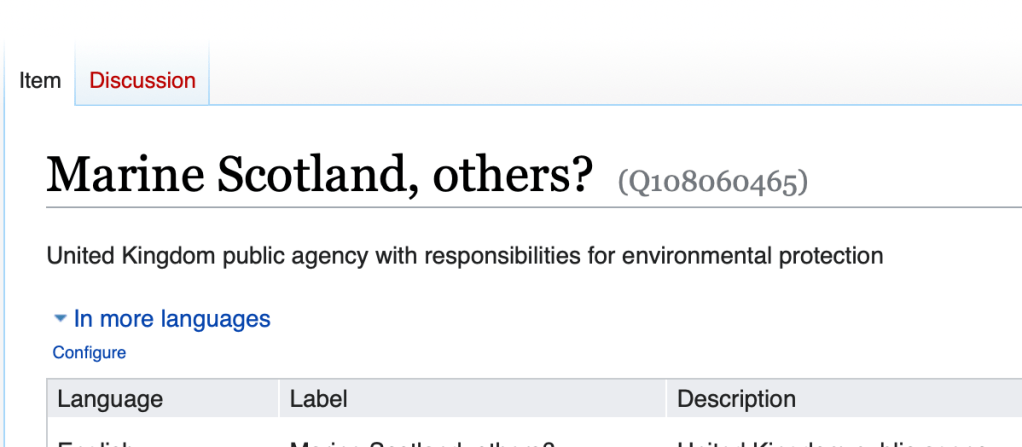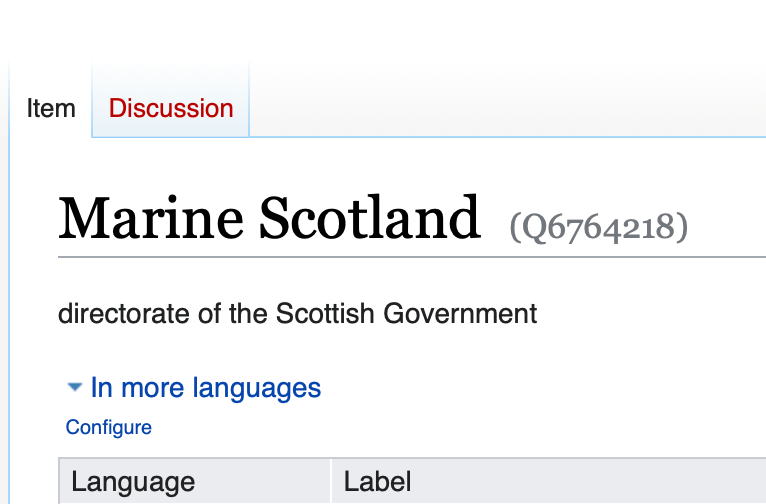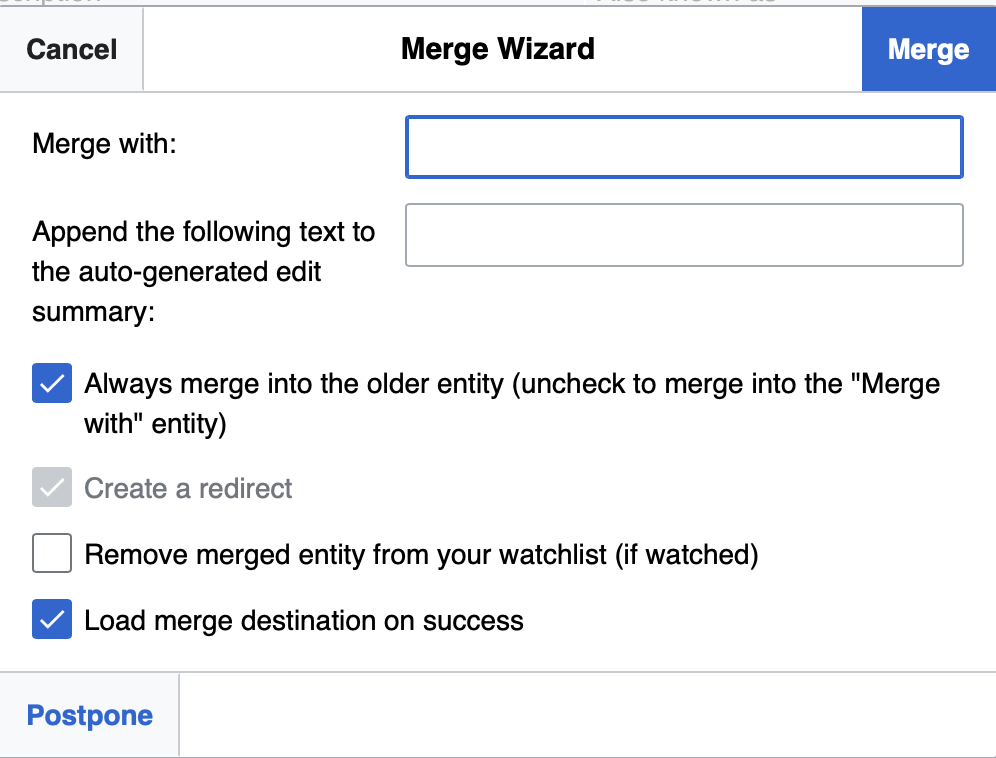The third annual Scottish Open Data Unconference (SODU2022) took place in Aberdeen on 5–6 November 2022 in Aberdeen and online. Over the two days, attendees primarily from civic society, participated in 31 themed discussions. These covered diverse topics such as Open Data’s contribution to the economy; Policy, Strategy and Legislation of Open Data; The Technology behind Open Data Scotland; and The Ownership of Properties in Aberdeen City Centre. The organisers and participants wish to thank The Data Lab for their generosity in sponsoring the event, and ONE Tech Hub for providing the venue for the unconference.
The following statement was developed from the final session of the weekend. It has been collated and published on behalf of those at the unconference and in wider civic society by the organisers of the event, Code the City.
Why open data matters
Making data (primarily government data) available under an open licence has a number of identified benefits. These may be categorised as humanitarian, social, economic, performance and environmental [1][2].
The Current State of Open Data In Scotland
While the Scottish Government publicly accepts the value of open data, the reality is that delivery on strategy and policy lags far behind what should be delivered.
The introduction to the 2015 Open Data Strategy for Scotland [3] identifies many of the benefits and reasons for making data open. The Scottish Government’s participation in the international Open Government Partnership [4] is based on the social benefits of improving transparency and accountability, and enhancing citizen participation. The Scottish Government’s Digital Strategy 2021 [5] identifies the potential economic benefits of open data through innovation and entrepreneurship. In this context it is estimated that the value to Scotland’s economy of this, if done well, calculated as a percentage of GDP would be of the order of £2.23bn per annum.
That said, apart from some small and isolated instances of very good open data publishing in Scotland the majority of public bodies (thought to number 179 but ironically there is no central set of open data to corroborate that) including health boards, local councils, universities, government departments etc publish no, or very little open data.
It is not clear who is the lead for open data for the public sector in Scotland. Where does responsibility sit for implementation of the various strategies and plans? Whose role is it to monitor performance, report on that, or measure impact. And in each of the 179 or thereabouts public bodies, who has the responsibility to ensure that their organisation is implementing open data to deliver the multiple benefits noted above?
When open data is produced it often suffers from many issues:
- Sporadic publishing
- Lack of consistency or standards – for example across all 32 local authorities
- Lack of current and up-to-date datasets
- Gaps in categories of published data by organisations
- Short-termism which sees projects commit £10,000s of funding then shutdown publishing platforms and delete the data
However, in civic society there is a small but thriving community for open data. They have, in addition to organising and attending three annual unconferences for Open Data, built, maintained and enhanced the Open Data Scotland portal [6].This project has provided a range of opportunities beyond making what open data exists in Scotland findable for the first time. It has also shared knowledge and expertise, and encourages community participation in the development of the site.
Threats or opportunities
Working with open data increases the breadth of experiences of students developers, analysts, businesses, and others, and increases opportunities. Participation in the development of projects such as Open Data Scotland continues to provide educational opportunities as well as societal benefits.
The lack of open data, provided to high standards, universally, and in a sustained manner is a barrier to innovation and a threat to transparency and accountability.
Short term data publishing projects with no longevity are a risk to business continuity for those who are dependent on it.
There is a broken feedback loop to publishers. Individuals and organisations, especially businesses, which are using open data need to be vocal about it. Otherwise, it is only natural for publishers to assume that their data is not being used, deem it to be without value, which may lead to termination of publication.
The government has created strategies and plans, but without mandate to publish for every public body. This has been shown over seven years not to work. [7]
There is a double threat to the provision of open data in Scotland. While the Scottish Government is refreshing its 2015 Open Data Strategy, the community fear that the new version will not be fully consulted on and that it will seek to water down the commitment which the Scottish Government made to data being made ‘open by default’. This would be a retrograde step and act against the intentions of the 2021 Digital Strategy and participation in the Open Government Partnership.
In addition the Retained EU Law (Revocation and Reform) Bill [8] being put before the UK parliament would sweep away the UK’s Re-use of PSI Regulations 2015 on which basis data which has not been explicitly published as open data can be sought and used. As Jeni Tennison of ODI noted “[without these regulations] and with unprecedented pressures on the public purse, public bodies will start charging for data. Services using it will become more expensive. Some will close down. Others just won’t be built.” [9] This would kill open data in Scotland and stifle delivery of the Digital Strategy 2021
What Scotland Needs
We have identified that for Open Data to flourish in Scotland we need better commitment to, and engagement from, all organisations, bodies, or people with an interest in open data and the benefits it can deliver. We also have the following specific requests.
From Government
We need oversight of delivery of open data in the Scottish Government to be a specific role – not be spread over multiple roles and structures.
We need the refresh of the Open Data Strategy to be fully consulted on. It needs to strengthen, not weaken, the Scottish Government’s commitment to open data publishing. It needs to introduce regulations obliging each publicly-funded body in Scotland to deliver open data. It needs to identify a specific role in each public sector organisation which will have a responsibility for implementing the strategy.
It needs to provide a monitoring framework for ministers on progress in implementing the strategies which involve open data. This needs to be reported on publicly.
The Scottish Government needs to join with civic society in lobbying the UK government to retain R-PSI regulations and be prepared to introduce Scottish legislation to replace it if this fails.
For businesses to use open data to deliver new products and services as outlined in the Digital Strategy, businesses need reliable, regular publishing without changes. Charging for data is a barrier to innovation and needs to cease.
From Business
Anyone, including businesses, who are using open data need to be open about it. They should avoid agreeing contracts which oblige them to be silent about open data use to provide services which are only deliverable using open data. If Government is to be persuaded to make data available and keep making it available the use needs to be seen. We need businesses to join with civic society in lobbying for more, better open data.
From Education sector
We need Scotland’s schools, colleges and universities to use open data in their curriculum. We need teaching staff to better understand what open data is, how it can be used and to use it in course work. We need colleges and universities to publish open data which can be re-used too.
From The Third Sector
The third sector needs to engage with civic society in promoting the use and benefits of open data. They need to demand that data is published openly which they can use. They need to educate their trustees and staff about the benefits of open data – such as the use of standards and platforms including 360 Giving.[10]
From The Press
We need those in the press to participate in the conversations about open data, to get involved with civil society groups, to challenge government and be involved with the broader community. We need a press which understands the potential and power of open data and to help share the case for it and stories about open data.
From Civic Society
We need the public to understand what open data is and what it can potentially deliver. We can help by providing access to education, resources such as the Open Data Scotland portal, and success stories from using open data. Government and the education sector have a responsibility here too. We need the public to tell us about challenges and success stories.
[1] https://www.europeandataportal.eu/en/training/what-open-data
[2] https://opendatahandbook.org/guide/en/why-open-data/
[3] https://www.gov.scot/publications/open-data-strategy/
[4] https://www.gov.scot/policies/improving-public-services/open-government-partnership/
[5] https://www.gov.scot/publications/a-changing-nation-how-scotland-will-thrive-in-a-digital-world/
[6] https://opendata.scot
[7] https://codethecity.org/2019/11/15/scotlands-open-data-february-2019-an-update/
[8] https://bills.parliament.uk/bills/3340
[9] https://twitter.com/jenit/status/1576140360820330496?s=61&t=nI2hETRy_yo0zmhc13ycCg
[10] https://www.threesixtygiving.org/
Header Photo by Hannah Busing on Unsplash














